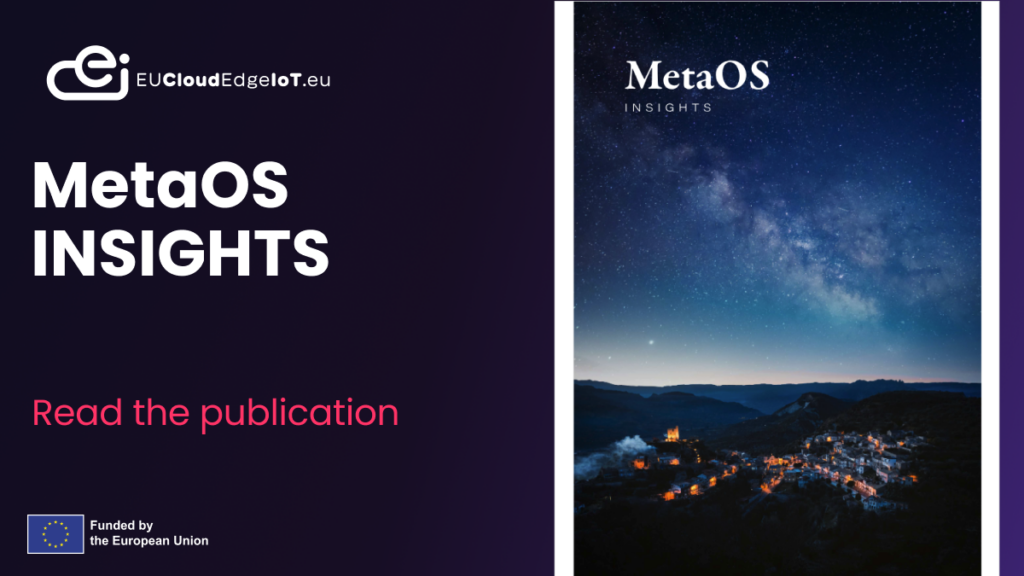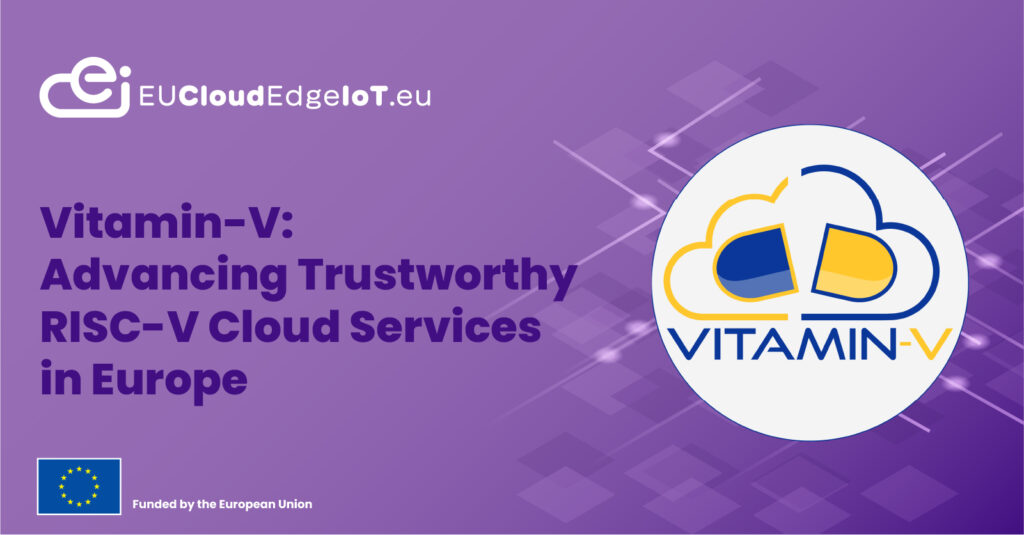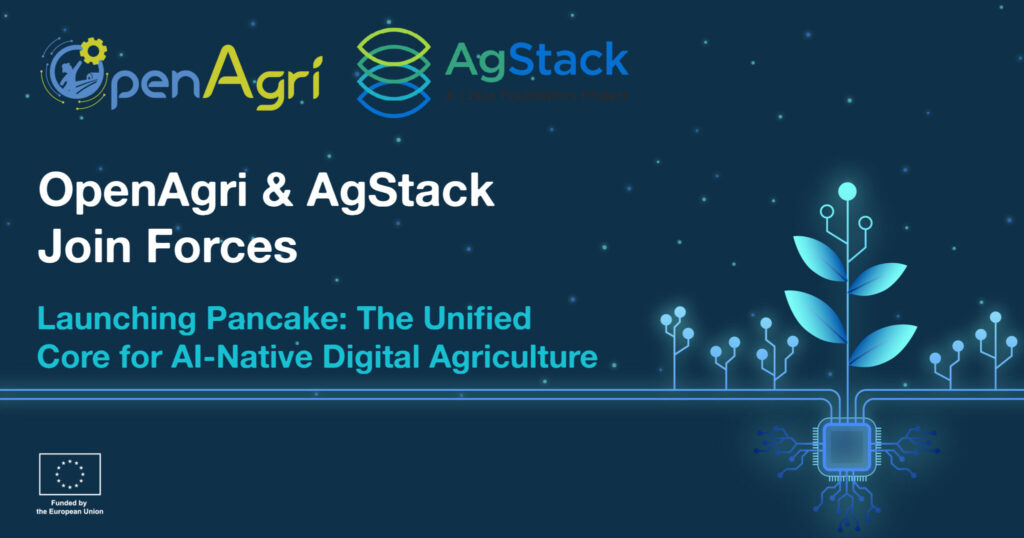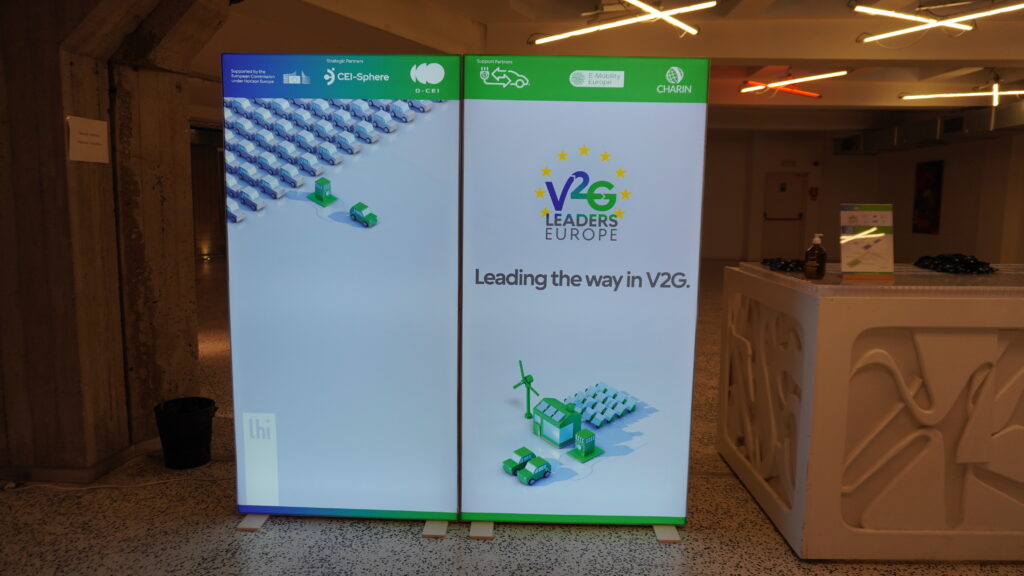Are you a cloud, edge and data expert, policy maker, researcher or you simply have an interest in these fields? Join the NexusForum Working Groups!
8 Working Groups, a multitude of benefits.
These 8 Working Groups (WGs) are meant to benefit its members in a multitude of ways.
Members will join a unique international community of fellow experts and will have the opportunity to connect with industry leaders behind the new €3B Important Project of Common European Interest on the Next Generation Cloud Infrastructure and Services (IPCEI-CIS) project. The Working Groups will also grant preferential access to NexusForum Summits in Brussels and to exciting scientific and policy events in Japan (2025) and South Korea (2026). Researchers will be able to add their profile to the public catalogue of top EU researchers, while submitting their academic papers for publication on the NexusForum Special Issues. Policy makers and field experts will gain insights on relevant EC consultations and tech news, so that they are always up to date with the latest development on EU regulation Last but not least, all members will be able to contribute to future versions of the Research and Innovation Roadmap.

The 4 Thematic Working Groups.
Out of the 8 WGs, 4 are thematic Working Groups, based on the main sections of the Research and Innovation roadmap. These working groups are aligned with European strategic initiatives like the European Alliance for Industrial Data, Edge and Cloud and the IPCEI-CIS. The main objective of these WGs is to collect contributions and feedback to the roadmap from relevant EU industry experts and researchers.
The Working Group on Telco Cloud-Edge will deal with Open reference architectures for open cloud and edge infrastructure, standards for data centres, AI-based predictive maintenance of datacentres and cloud & edge infrastructure, networking, time synchronization, requirements across providers, security, automated operations, APIs for bare-metal as a service. Furthermore, it will work on optimized data centre design for cloud and edge, advanced simulation and prediction capabilities , security and accessibility of physical infrastructure, open hardware, operating systems, operation management & monitoring, connectivity, network orchestration with multi-cloud orchestration, edge infrastructure deployment, network functions at the edge, connectivity between cloud and edge, edge connectivity at scale. The Working Group will contribute to the setting up of an appropriate and supported next generation infrastructure to manage the technological complexity of the meshed continuum. Lastly, its aim is to develop and set up physical and logical linking of networks including integrated smart network services for the cloud-edge continuum. This will enable the entire network to combine cloud-edge computing processes and data transfer throughout the EU.
The AI for Cloud-Edge Working Group will work on Meta-orchestration, federation of multi-cloud, IaaS, integration monitoring etc. of continuum, everything about OS and virtualization, containers, hypervisors, virtual networks, virtual storage. The scope will extend to services for serverless services spanning edge-cloud-HPC, service management, application lifecycle orchestration, data services and to the development of infrastructure related services to run on the multi-provider cloud-edge continuum is the basis for real time data services with ultra-low latency and the load balancing for optimised utilization. This will enable sorting, interpreting and prioritizing the storage and processing capabilities of large amounts of data in advance as close as possible to the place of origin and/or consumption of that data.
The Cloud-Edge for AI Working Group will work o Datascapes, Data exchange (advanced capabilities), AI tools for FL and lifecycle of AI models, support data-driven applications, digital twins, application deployment, things that need to run on a cloud-edge infrastructure, require complex orchestration, identity and observability across multi-provider continuum. Furthermore, the scope of the WG consists in providing integrated services such as application lifecycle management to build, deploy and maintain apps all over the cloud-edge continuum – platform services -; data management to ease data ingestion, transformation and analysis in a multi-provider, federated environment in accordance with European regulation – data platform; and innovative data processing leveraging AI and ML – smart processing services.
The Cloud-Edge Use Cases Working Group will deal with use cases and applications that could take advantage of the continuum, such as Mobility, Transport and Travel, Energy, Manufacturing and Industry 4.0/5.0, Health, Infrastructures, Smart Buildings & Cities, Tourism & Cultural Heritage, Agriculture & Environment, and Media. This Working Group will contribute to the initial roll-out of next generation use cases as part of a first industrial deployment with European wide scale, showcasing data processing in different sectors to verify functionality, high scalability, interoperability, portability, interconnectivity and compatibility.
The 4 geographic Working Groups.
The other 4 Working Groups are geographic and they aim to foster links between the European industry and the research ecosystems and other non-EU countries, in particular Japan and South Korea. This shall foster international collaboration based on this future association agreements of the Horizon Europe programme.
The Cybersecurity Working Group´s scope is to work on the themes of zero trust, identity management, privacy, end-to-end encryption/confidentiality, public key infrastructure, security protocols and standards and risk assessment.
The Working Group on Interoperability is set to focus on APIs, standards for interoperability, meta-orchestration and federation; federation of distributed cloud and edge computing resources, abstraction layers and standardization for meta-orchestration and workload optimization in multi-provider federations. And finally, on interoperability across cloud\edge platforms, providers, highlighting bare-meta, IaaS, PaaS layers.
The Working Group on Sustainability will be centred around Data centre energy-/resource-efficiency, efficiency metrics, circular economy in the data centre industry and data platforms to enable decarbonization.
The Working Group on Sovereignty and Open Source´s scope is to focus on moving towards European digital sovereignty, bolstering European digital capabilities and skills development related to computing technologies.




